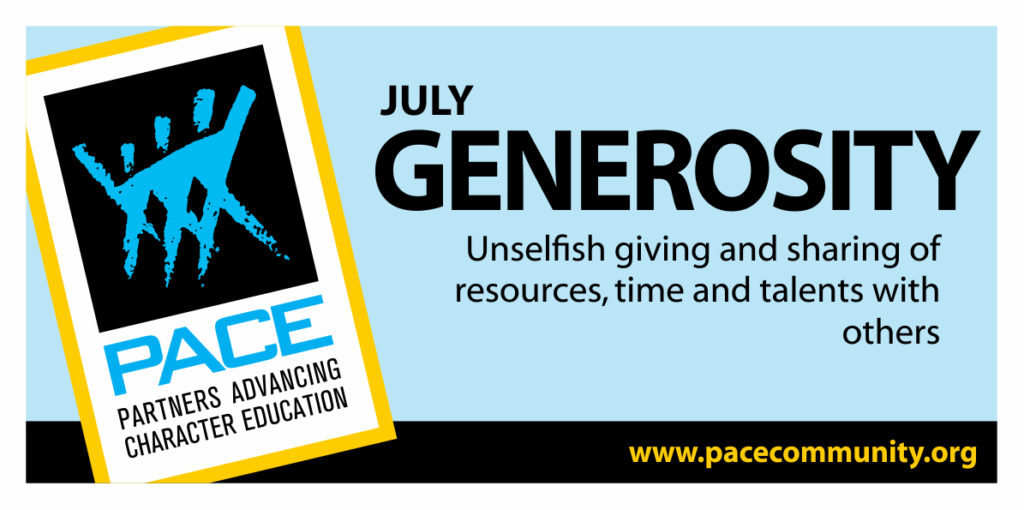
Growing up as a child in the Spokane Valley in a large family of six siblings, sincerity and love for the truth didn’t always win out. With the occasional sibling scuffle and subsequent blame and denials that followed, I must confess the drive of my own self-interest stretched the truth at times. Fortunately for me, my parents modeled patience, understanding, and accountability. Over time, I eventually realized that telling the truth was not only the right thing to do, but it just felt better. This development was not much of a stretch since much of my childhood was secure and supported by engaged and caring parents in a safe, supportive community.
Today, I serve as the Campus Director of the Hutton Settlement Children’s Home. My work is immersed in the lives of children who didn’t have the family stability that I had growing up. With many exposed to various forms of trauma, most formed survival behaviors that were necessary to cope and adapt to insecure environments. Some of those survival behaviors involved dishonesty in order to protect from being vulnerable and harmed. These survival behaviors often persist even when one’s environment has shifted to become healthier and safe. I soon realized early on at Hutton that if I wanted honesty from another it required a reciprocal relationship of understanding, patience and safety. After all, how many of us are honest with another when we sense they may be dismissive, disrespectful, or unsafe?
After twenty years of service at Hutton, I’ve seen what consistent patience and safety can produce. As the youth at Hutton cross the threshold into a more secure worldview, they tend to be more truthful in their expression of needs. This honesty requires courage, another notable character trait, as one steps out in vulnerability to disclose a need for comfort, encouragement, guidance, or accountability. It’s been said that you can tell a healthy person by whether they can honestly express their true needs to another. If that is the case, how healthy are we really?
A number of years ago a teenager soon to be graduating from high school met me in the hallway to talk about his next steps into young adulthood. I asked him how he was doing with moving on to college and I didn’t expect the response I received. He noted that we had taught him how to be a great student, work hard, stay active, lead others, and set a vision for himself. He was graduating with high grades and was accepted with a full scholarship into a great college. He earned enough money at a local coffee house to purchase a car and save some money. He led others in student government and was a model for our younger residents. Yet, he looked me in the eyes tearfully and noted that on the outside he looked successful, but on the inside he had a big hole in his heart that he didn’t know how to deal with. It was at that moment that I had a much stronger appreciation for this young man and the courage that it took to share something so personal and important. It was his honesty that allowed me to then assist him on a deeper journey of healing that may have never occurred without the truth. I am still on that journey with this young man today.
This is one story of courageous honesty of many that could be told at Hutton. I’ve been humbled by so many children over the years who were willing and able to authentically disclose their needs despite the personal risk of shame and judgment. With a relational blend of patient availability and courage, honesty can thrive and be the difference between an authentic life and one that is paralyzed from hiding from the truth.
BIOGRAPHY
David joined the Hutton Settlement Children’s Home in June 1997 and has since served in various child welfare related positions, including case management, education, and organizational leadership. His formal education in psychology and leadership provides the foundation for his work in youth development and community resilience. Specifically, David focuses on fostering lifelong connections with youth who have faced family hardship and displacement in the Inland Northwest. David currently serves as the Campus Director at the Hutton Settlement Children’s Home with a focus on developing a transformational community of care.

